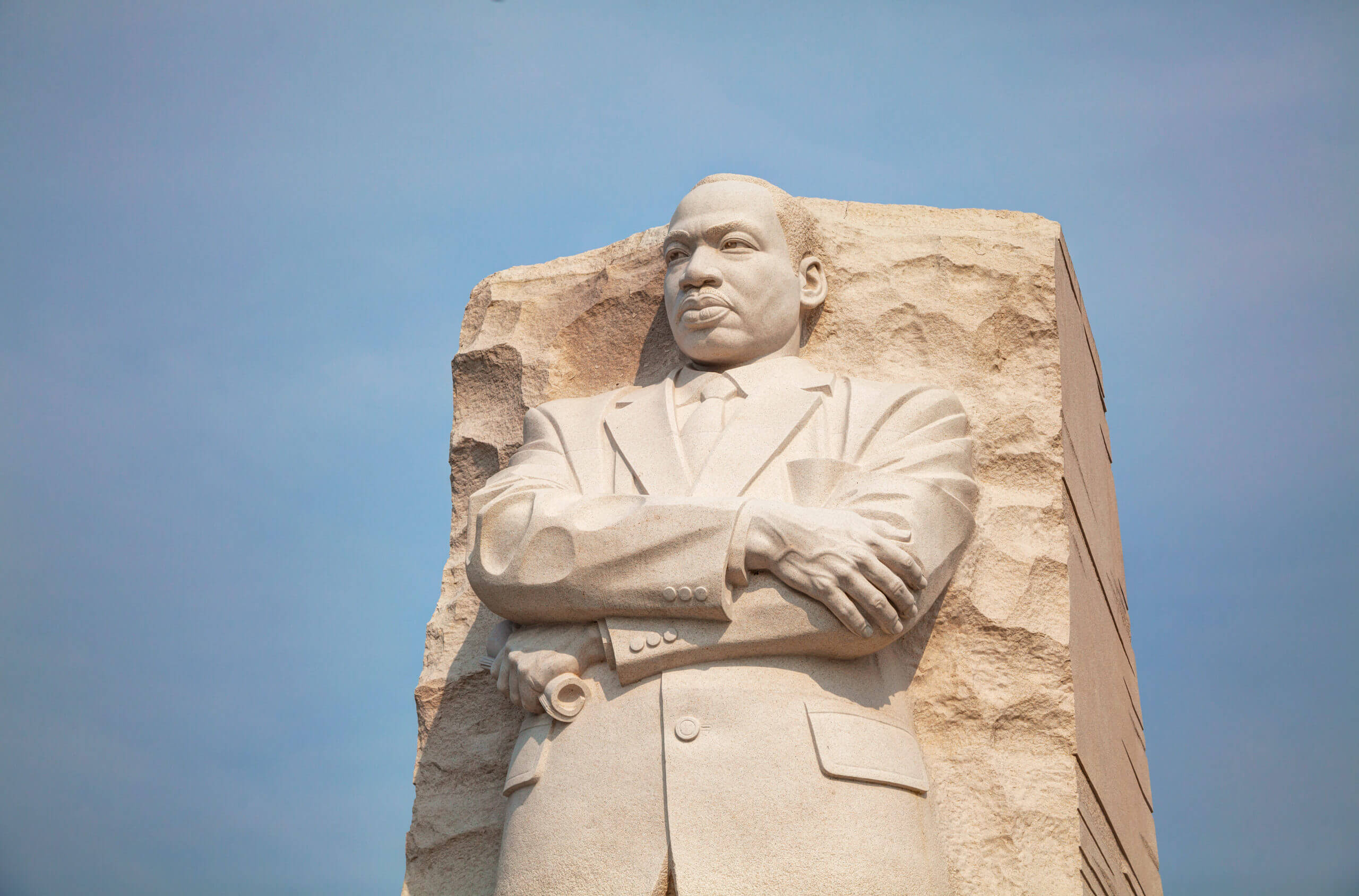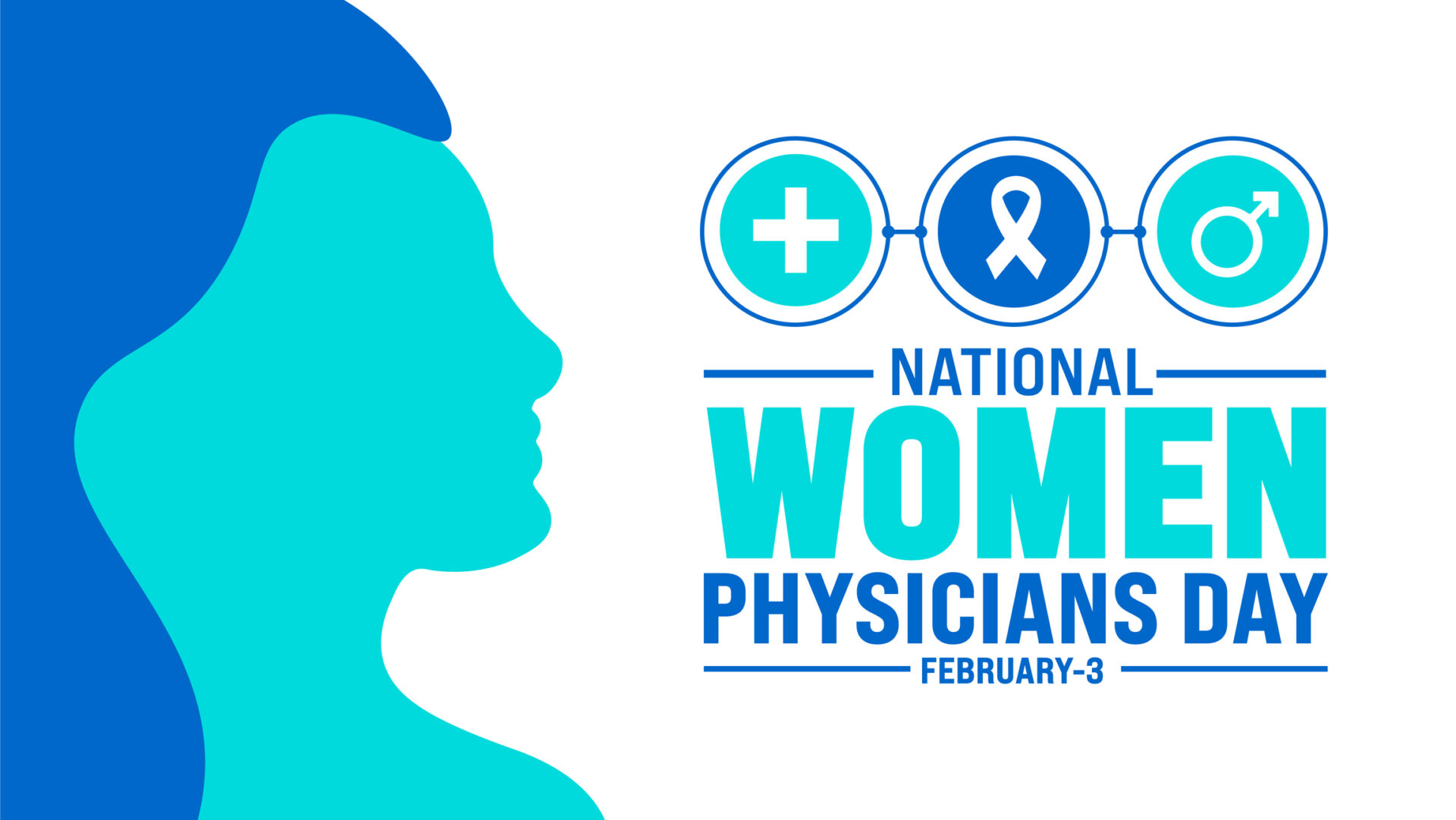As we take time to celebrate the life of Dr. Martin Luther King, Jr., a spokesman and activist for the Civil Rights Movement during the 1950s and 1960s, we are grateful for his efforts to end racial discrimination across all levels of society and government. While Dr. King’s 1963 March on Washington “I Have a Dream” speech earned him a Nobel Peace Prize and opened many eyes and hearts to the idea of a more unified country, it also led Congress to pass the Civil Rights Act of 1964. Dr. King’s connection to healthcare reform is often overlooked.
A Connection to Medicare and Medicaid
Although the Civil Rights Act of 1964 led to improvements and built a framework for further civil rights activists, discrimination did not end in its entirety. Even today, decades after the act was passed, people of color continue to make their voices heard, drawing attention to the reality that more work must be done to make the nation inclusive and equal. The Black Lives Matter movement, and its call to end racism, primarily in the way of police brutality and violence, is a recent example of this.
After the Civil Rights Act of 1964 was passed, reports of discrimination in healthcare didn’t disappear. Many institutions took desegregating seriously, and members of the Black community received better care at some hospitals and clinics where they had not previously been welcomed. Once Medicare and Medicaid came into effect the following year, hospitals with continued instances of discrimination experienced lapses in funding as a consequence.
Recognizing a Need for Further Reform
When Dr. King spoke of equality, he did it with purpose, care, and attention to detail. Dr. King was not afraid to approach difficult subjects or demand action from powerful organizations—two things that civil rights advocacy insisted on. During a Chicago press conference in the winter of 1966, Dr. King first addressed funding and accessibility issues, stating, “of all forms of discrimination and inequalities, injustice in health is the most shocking and inhuman because it often results in physical death.”
Dr. King’s statement, which was appropriately made with members of the Medical Committee for Human Rights in the audience, inspired Black communities in the Chicagoland area to report instances of discrimination in healthcare that they personally experienced. Hundreds of reports rolled in; these directly led to federal suits against Chicago hospitals that failed to provide equal care.
The Importance of the Affordable Care Act
As a primary leader of the civil rights movement, Dr. King’s words sparked action. His death took a toll on the movement, slowing its progress when the future of American healthcare was on trial. Private employer-based insurance, which was not available to many POC, became the norm in America.
The Patient Protection and Affordable Care Act, which was passed in 2010, changed things. This act, also referred to as the Affordable Care Act (ACA) or Obamacare, was established to make insurance and healthcare more affordable. It helps those with pre-existing conditions obtain insurance and requires plans to cover larger portions of healthcare costs. The Act created a platform where individuals in need of insurance could easily obtain it.
ACA is something Dr. King would have supported. If you are looking for a way to celebrate Dr. Martin Luther King, Jr.’s life and legacy, educating yourself on private and public health insurance systems and advocating for the continuation of affordable options is a great option. The National Library of Medicine’s website is an ideal place—click here to explore their resources.







Leave A Comment